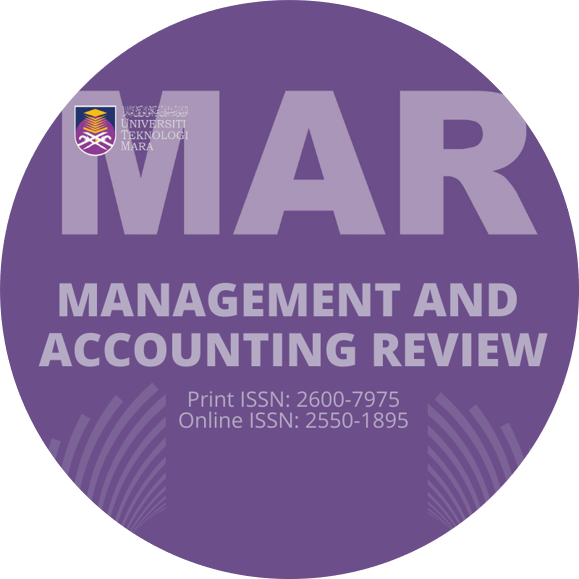Volume 22 No. 1, April 2023
ARTICLE INFO
Article History:
Received: 08 January 2023
Accepted: 14 March 2023
Available online: 01 April 2023
https://doi.org/10.24191/MAR.V22i01-08
DETERMINANT OF AUDITORS’ JUDGMENT ON THE DETECTION OF FRAUDULENT FINANCIAL STATEMENTS
Lanny and Wiwik Utami♣
Faculty of Economics, Universitas Mercu Buana, Jakarta Barat, Indonesia
ABSTRACT
This study aimed to assess auditors' capacity to detect financial statement fraud. This study examined three variables that are thought to influence auditors’ judgment: (1) auditors’ independence, (2) auditors’ understanding of corporate governance principles, and (3) auditors’ knowledge about the Electronic Knowledge Repository (EKR). The Public Accounting Firms characteristic was considered as moderating variables. The research population consisted of auditors at Jakarta's Public Accounting Firms (PAFs). Cluster sampling was used to choose the sample, which consisted of PAFs affiliated with overseas PAFs and unaffiliated PAFs. Each cluster was chosen depending on the desire of each respondent to participate. The number of respondents participating was 155 auditors, consisting of 77 foreign affiliated PAFs auditors and 78 non-affiliated PAF auditors. A questionnaire was utilized to evaluate the auditors' ability to assess possible fraud based on case studies. The study concludes that auditors’ independence, corporate governance expertise, and EKR knowledge have a favorable effect on auditors' ability to detect financial statement fraud. PAFs affiliate was not a moderating variable but a predictor variable. Gender moderated the relationship between GCG and audit judgement. The Financial Services Authority and PAFs may use the research's findings to improve the service quality of Public Accountants.
Keywords: fraud, independency, corporate governance, auditor, electronic repository





